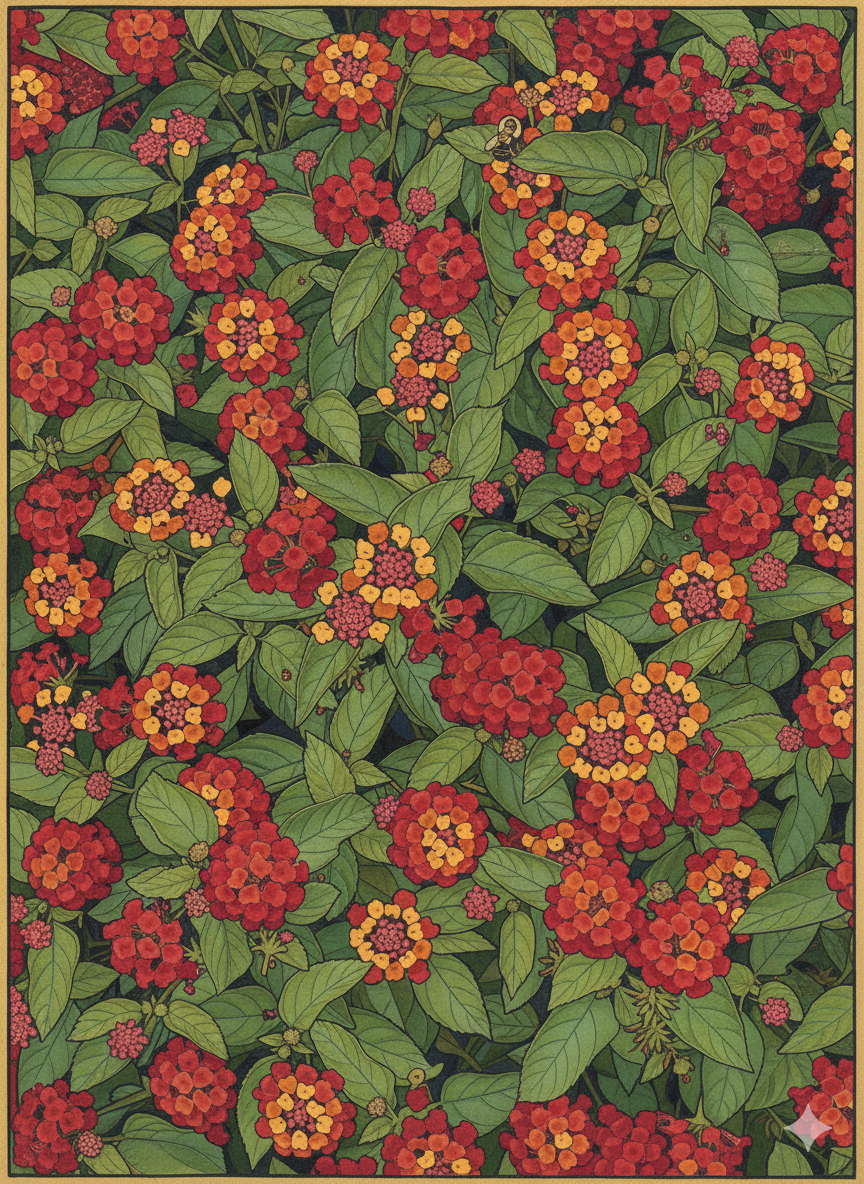The Enduring Virtue of Craft Lessons from the Arts and Crafts Movement
In a world often enamored with overnight success and fleeting trends, the principles of the Arts and Crafts movement, born in the 19th century, offer a timeless reminder of the enduring power of dedicated craftsmanship. This movement was a response to the Industrial Revolution's mass-produced and often soulless goods, championing instead the value of handmade, well-crafted objects infused with the passion and skill of their creator. This philosophy of deep-seated pride in one's work and a commitment to quality provides a powerful lens through which to view the modern imperative to not just work hard, but to work with a dedication that outpaces those around us.
The Arts and Crafts movement, at its core, was a rebellion against mediocrity. Figures like William Morris, a central figure in the movement, believed that the objects we surround ourselves with should be both beautiful and useful, a direct reflection of the care and effort invested in their creation. Morris, a designer, poet, and activist, along with contemporaries like architect and designer Owen Jones, who documented ornamental designs from around the world, believed in the importance of understanding the fundamental principles of their craft to achieve true mastery. This dedication to the minutiae, to the very grammar of their respective arts, is a powerful lesson for anyone seeking to excel in their field.
This same relentless pursuit of craft can be seen in the lives of countless individuals who have left an indelible mark on the world. Consider the words of Nipsey Hussle, who viewed his commitment to his community and his art as an inseparable part of his identity, stating,
"[T]hat ain’t nothing you gone ever put down. Because if you ever put it down, you never were a part of it for real. You don’t just hang up your rag and say I’m not from this community anymore. "
This sentiment echoes the all-consuming nature of true craft. From the dedication, it becomes a fundamental part of who you are. Read, Higher Hussle: Nipsey’s Post-Hip Hop Literacies to get a better understanding of the impact Nipsey had.
The demanding nature of true craftsmanship often requires a work ethic that appears obsessive to the outside world. Steve Jobs, for instance, was notorious for pushing his teams to achieve what seemed impossible. He believed that his role was
"not to be easy on people. My job is to make them better.”
This relentless drive for perfection, while demanding, resulted in products that revolutionized industries.
Similarly, Leonardo da Vinci's notebooks are a testament to an insatiable curiosity and an almost superhuman work ethic. His days were meticulously structured to maximize his creative and intellectual output, a discipline that allowed him to excel across a staggering range of fields. Ben Franklin followed a similar simple structure, which had to change, but he always came back to. You can see his schedule in his autobiography on page 110. Paul Graham talks about his modern schedule, the "Maker's Schedule, Manager's Schedule". I included a link to the article in the citations

This calendar can be recreated in LaTeX with the code that I included at the bottom, and a PNG example if you cannot compile the LaTeX code.
This is not limited to the arts and technology. Julia Child, in her quest to master French cuisine, famously practiced making omelets for weeks on end, making only slight adjustments each time to achieve perfection. Her tireless testing and retesting of recipes for her seminal cookbook, "Mastering the Art of French Cooking," demonstrated a commitment to her craft that went far beyond simply writing down instructions. This dedication to process and relentless practice is a hallmark of those who not only succeed but also redefine the standards of their field.
The television pioneer Regis Philbin, often referred to as "the hardest working man in show business," holds the Guinness World Record for the most hours on U.S. television, at 16,746.50 [link]. His career was not one of overnight stardom but a testament to persistence and a genuine love for his work that kept him on the air for decades. This same tireless energy is embodied by ultramarathon runner Kilian Jornet, who views training not as a chore but as a fundamental part of his being. He speaks of trying and failing repeatedly as an essential part of the process, a sentiment that resonates with anyone who has pushed the boundaries of their own capabilities.
This commitment to pushing limits and a tireless work ethic is also a cornerstone of Charlie Munger's philosophy for success. He believed that to get what you want, you have to deserve it, and that it's not supposed to be easy. This belief in rigorous preparation and continuous learning is a powerful antidote to the modern allure of shortcuts and easy answers. Benjamin Franklin, also espoused the virtues of industry and viewed it as a means of achieving both wealth and distinction. He believed that
"One man of tolerable abilities may work great changes, and accomplish great affairs among mankind, if he first forms a good plan, and, cutting off all amusements or other employments that would divert his attention, makes the execution of that same plan his sole study and business."
This simple statement encapsulates the essence of this discussion. It is the active, dedicated pursuit of our goals that brings them to fruition. Similarly, Nelson Mandela's 27 years in prison did not break his resolve; instead, he emerged with an unwavering commitment to his vision for a just and equal society, a testament to his incredible discipline and dedication.
The world of filmmaking also offers powerful examples of this all-consuming dedication. J.R.R. Tolkien spent over a dozen years meticulously building the appendix to include the world of Middle-earth, creating languages, histories, and maps before the narratives of The Hobbit and The Lord of the Rings even took shape. This deep and patient craftsmanship is what gives his work its enduring power. Peter Jackson, in bringing Tolkien's world to the screen, demonstrated a similar level of obsessive dedication, a commitment that was necessary to translate such a rich and detailed world into a cinematic masterpiece. You can see this first hand by watching the more than 3+ hours of commentary for the Lord of the Rings.
Even in collaborative endeavors, the importance of individual dedication and clearly defined roles is paramount. The game of Double Dutch, a tradition passed down through generations, offers a powerful metaphor for teamwork. Check out,“The Art and Artistry of Double Dutch.” for more context on this. The success of the jumpers is entirely dependent on the skill and consistency of the turners. If a turner is "off-beat," the entire team fails. This dynamic mirrors the interconnectedness of a business team, where each member's consistent performance is crucial to the group's success. It highlights the importance of not just individual effort, but of a shared commitment to excellence and flawless execution.
The thread that connects the artisans of the Arts and Crafts movement with the innovators, leaders, and creators of our time is an understanding that true and lasting success is not a matter of chance, but of deliberate and sustained effort. It is about embracing the process, honing your craft with a passion that borders on obsession, and possessing the unwavering belief that the quality of your work is a direct reflection of the depth of your commitment. In a competitive landscape, it is this dedication to not just keeping pace, but to setting the pace through superior craftsmanship and an unrelenting work ethic.
Index of Artists:
- William Morris: A central figure in the Arts and Crafts movement, designer, poet, and activist.
- Owen Jones: Architect and designer, a contemporary of William Morris.
- Nipsey Hussle: Musician and community leader, quoted for his views on commitment.
- Steve Jobs: Co-founder of Apple, known for his demanding work ethic and drive for perfection.
- Leonardo da Vinci: Renaissance artist and inventor, noted for his curiosity and work ethic.
- Ben Franklin: A Founding Father of the United States, mentioned for his structured daily schedule and views on industry. Lived in Lancaster, PA.
- Paul Graham: Investor, essayist and computer scientist, referenced for his concept of the "Maker's Schedule, Manager's Schedule."
- Julia Child: Chef and author, known for her dedication to mastering French cuisine.
- Regis Philbin: Television host, holder of the Guinness World Record for most hours on U.S. television.
- Kilian Jornet: Ultramarathon runner, noted for his dedicated approach to training.
- Charlie Munger: Businessman and investor, referenced for his philosophy on deserving success.
- Nelson Mandela: Anti-apartheid revolutionary and former President of South Africa, mentioned for his unwavering resolve.
- J.R.R. Tolkien: Author of The Lord of the Rings, known for his meticulous world-building.
- Peter Jackson: Filmmaker who adapted The Lord of the Rings.
References & Citations:
Fanning, Colin. “Arts and Crafts Movement.” Encyclopedia of Greater Philadelphia, 2015, philadelphiaencyclopedia.org/essays/arts-and-crafts-movement/.
Franklin, Benjamin, and Frank Woodworth Pine. The Autobiography of Ben Franklin. Lavergne, Tn, Greenbook Publications, 2010.
Graham, Paul. “Maker’s Schedule, Manager’s Schedule.” Paulgraham.com, July 2009, paulgraham.com/makersschedule.html.
Kourlas, Gia. “The Art and Artistry of Double Dutch.” The New York Times, 25 July 2017, www.nytimes.com/2017/07/25/arts/double-dutch-lincoln-center.html?smid=url-share.
McFerguson, Marquese, and Aisha Durham. “Higher Hussle: Nipsey’s Post Hip Hop Literacies.” Community Literacy Journal, vol. 16, no. 1, 1 Oct. 2021, https://doi.org/10.25148/clj.16.1.010604.
Moshakis, Alex. “One Step Beyond: The Ascent of Mountain Runner Kílian Jornet.” The Guardian, The Guardian, 6 Sept. 2020, www.theguardian.com/lifeandstyle/2020/sep/06/one-step-beyond-the-ascent-of-mountain-runner-kilian-jornet.
Schwantes, Marcel. “Steve Jobs Said There’s 1 Decision That Separates Leaders Who Achieve Success from Those Who Still Don’t Get It.” Inc.com, Inc., 10 Dec. 2018, www.inc.com/marcel-schwantes/steve-jobs-said-theres-1-decision-that-separates-leaders-who-achieve-success-from-those-who-still-dont-get-it.html.
.png?width=300&height=117&name=logo%20(9).png)
 By
By



